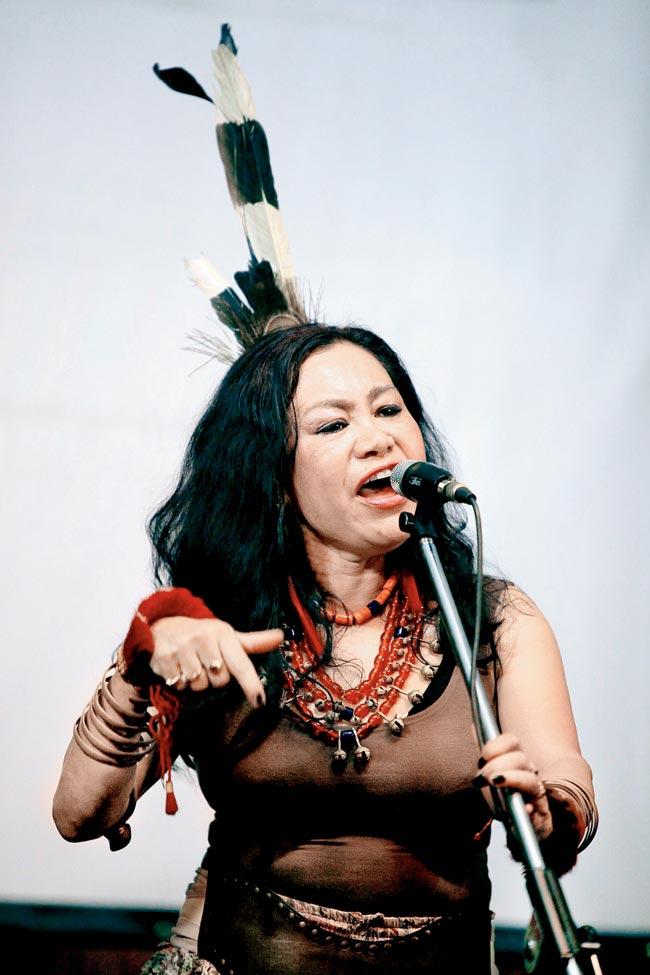Songs Of The Blue Hills, a new documentary which explores contemporary Naga folk music, is touring five international festivals. Kareena Gianani tunes in

The trailer of the documentary, Songs Of The Blue Hills, begins with a voiceover of a man speaking of what it is to be a Naga. “A Naga,” he says, “cannot know of his history by reading a book, there is no book. The only way he can know is by learning a song.”
ADVERTISEMENT

Naga musicians often merge rock, jazz and blues to make their music accessible
The documentary, directed by National Award winning film critic and filmmaker Utpal Borpujari, explores the contemporary folk music of the state and is currently touring the Doc Outlook International Market of the Visions du Reel Film Festival (Switzerland), Gothenburg Independent Film Festival (Sweden), New York Indian Film Festival, Eyes & Lenses Ethnographic Film Festival (Poland) and the World Music and Independent Film Festival (Washington).
“Naga music is refreshing and intriguing because it merges tribal sounds with modern lyrics. Naga youngsters still relate to centuries-old tunes, which made me want to delve deeper into their culture,” says Borpujari.

The Tetseo Sisters sing old Naga tribal tunes and play traditional instruments
The face of Naga music has been greatly influenced by the Church. In the early 20th century, missionaries banned traditional Naga songs because they spoke of animals, love, nature worship, war and valour. However, since the past decade or so, church choirs have begun singing folk songs. “A church musician pointed out that Naga lyrics were being sung to Welsh tunes for the longest time. So, he thought, why not sing Naga lyrics to Naga tunes?” says Borpujari. Numerous choirs frequent Philippines and the UK and are trained in Western Classical music. “Most of them return to Nagaland to work with the grassroots. Musician Lipokmar, for instance, founded The Naga Conservatory of Music to train budding singers in Naga folk music through choral tunes.”
The documentary focuses on younger Naga musicians who compose songs with the music of one tribe with the lyrics of another. “Musicians see that insurgency had fragmented Naga tribes, and they want their music to piece them back,” says Borpujari.
Songs Of The Blue Hills also features an 86-year-old singer who knows 300 Naga songs and is now teaching them to a young apprentice. “The apprentice had finished learning 150 songs yet,” smiles Borpujari. The film explores the issue of the reach and acceptance of Naga music. A band called Purple Fusion, for example, recently released a single called Tring Tring, which is about a headhunter’s life and how the Naga life is different today. To make their music more accessible, the song has a paragraph in English which gives non-Naga listeners a chance to grasp its ethos. Another group, Abiogenesis, sings folk lyrics to modern tunes and is very popular for their style. Other musicians include jazz and blues to reach out to a wider audience.
The biggest compliment Borpujari says he received was from a viewer. “He said that, with the right marketing, Naga music can be the next bhangra on the world stage,” laughs Borpujari.
 Subscribe today by clicking the link and stay updated with the latest news!" Click here!
Subscribe today by clicking the link and stay updated with the latest news!" Click here!






